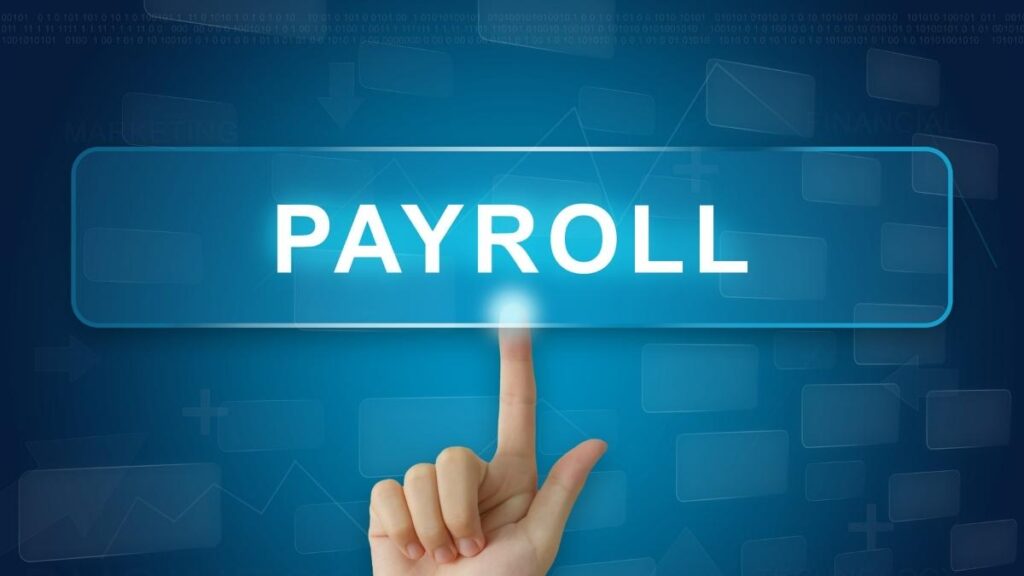If you’re considering Chapter 7 bankruptcy and wondering, “Can I exclude a credit card from Chapter 7?” you’re not alone. Many people want to keep one credit card open for emergencies or to rebuild their credit after bankruptcy. Unfortunately, U.S. bankruptcy law doesn’t allow you to pick and choose which debts to include. Chapter 7 requires full transparency, meaning all debts, including credit cards, must be listed. Don’t worry—this guide will explain the Chapter 7 credit card rules in simple terms, walk you through what happens to your cards, and share options for managing credit after bankruptcy. Let’s dive in with clear, supportive advice to help you make informed decisions.

Can I Exclude a Credit Card from Chapter 7?
The Short Answer: Usually, No
When you file for Chapter 7 bankruptcy, you can’t exclude a credit card from the process. U.S. bankruptcy law requires you to list all your debts, including credit cards, even if they have a zero balance or haven’t been used in years. This is because Chapter 7 is designed to give you a fresh start by wiping out eligible debts, but it only works if you’re completely honest about what you owe.
Hiding a credit card or leaving it off your bankruptcy forms is not only against the law but could also jeopardize your case. The bankruptcy court and trustee expect full disclosure to ensure fairness to both you and your creditors. Even if you love your card’s rewards or want it for emergencies, you can’t exclude it from Chapter 7.
What Happens to Credit Cards in Chapter 7 Bankruptcy?
Creditors Are Notified—And Often Cancel the Account
Once you file for Chapter 7, the bankruptcy court notifies all your creditors, including credit card companies. This is part of the process to evaluate which debts can be discharged (wiped out). Unfortunately, most credit card issuers will close your account as soon as they learn about your bankruptcy filing, even if you’re current on payments or have a zero balance. This applies to both secured and unsecured credit cards.
Why do they close accounts? Credit card companies view bankruptcy as a risk. Even if you’re not behind on payments, the possibility that the debt could be discharged prompts them to act. As a result, you may lose access to your card, even if you hoped to keep it for emergencies.
This can also affect your credit score. Filing for Chapter 7 already impacts your score, and losing open credit accounts may lower it further by reducing your available credit. However, the impact is often temporary, and there are ways to rebuild credit after bankruptcy, which we’ll cover later.
Can You Reaffirm a Credit Card Debt?
Not Common, and Rarely Approved
You might have heard about “reaffirming” a debt in Chapter 7. Reaffirming a credit card debt means you voluntarily agree to keep paying it, even after bankruptcy, to maintain access to the account. While this is sometimes done with secured debts like car loans or mortgages, it’s rare for credit cards.
Why? Credit card debt is unsecured, meaning there’s no collateral (like a car or house) tied to it. Most bankruptcy courts and creditors see little reason to allow reaffirmation for credit cards, as it doesn’t benefit either party significantly. To reaffirm a debt, you’d need approval from both the creditor and the bankruptcy court, which is unlikely for a credit card. Instead, the court typically prefers to discharge unsecured debts like credit cards to give you a clean slate.
If you’re hoping to keep a card open, talk to a bankruptcy attorney. They can help you understand if reaffirmation is even an option in your case or if there are better alternatives.
Why You Shouldn’t Try to Hide a Credit Card in Bankruptcy
Trying to exclude a credit card from Chapter 7 by not listing it is a bad idea. Here’s why:
- It’s illegal to exclude any debt. Bankruptcy law requires you to disclose all debts, no matter how small or unused. Hiding a credit card could be considered fraud, which is a serious offense.
- Your case could be dismissed. If the court discovers you omitted a debt, they may dismiss your bankruptcy case, leaving you without the debt relief you need.
- The trustee will likely find out. Bankruptcy trustees review your financial history, including credit reports. They’ll see any credit cards you didn’t list, and this could lead to penalties or fraud charges.
- Full disclosure is required for a discharge. To have your eligible debts wiped out, you must be upfront about everything you owe. Hiding a card risks losing the benefits of Chapter 7.
Honesty is the best approach. By listing all your debts, you protect yourself legally and increase the chances of a successful bankruptcy discharge.
What to Do If You Need a Card After Chapter 7
Even if you can’t exclude a credit card from Chapter 7, you can still rebuild your financial life after bankruptcy. Here are some practical steps to get a credit card or build credit post-discharge:
- Apply for a secured credit card post-bankruptcy. Secured cards require a cash deposit (like $200–$500) that acts as your credit limit. They’re easier to get after bankruptcy and help you rebuild credit by reporting your payments to credit bureaus.
- Consider a credit-builder loan. These small loans are designed to help you establish a positive payment history. You make payments into a savings account, and once the loan is paid off, you get the money back (minus fees).
- Become an authorized user on someone else’s card. If a trusted friend or family member adds you to their credit card account, their positive payment history can boost your credit score. Just make sure they’re responsible with the card!
- Wait for offers from lenders. Within 6–12 months after your bankruptcy discharge, you may start receiving credit card offers. Many lenders specialize in working with people rebuilding after bankruptcy. Be cautious and choose cards with low fees and fair terms.
Rebuilding credit takes time, but with consistent effort, you can improve your score and regain access to credit cards for emergencies or everyday use.
FAQs About Chapter 7 and Credit Cards
Can I keep a credit card if I don’t list it in Chapter 7?
No, you cannot legally keep a credit card by not listing it. U.S. bankruptcy law requires you to disclose all debts, including credit cards, even if they have a zero balance. Hiding a card could lead to serious consequences, like case dismissal or fraud charges. Always be honest with your bankruptcy filings.
Will my credit card automatically close after I file bankruptcy?
In most cases, yes. When you file for Chapter 7, your creditors are notified, and most credit card companies will close your account, even if you’re current on payments or have a zero balance. This is because bankruptcy signals a potential risk to them.
What happens if I have a $0 balance on a card?
Even if your credit card has a $0 balance, you must list it in your Chapter 7 filing. The bankruptcy court requires full transparency about all open accounts. The card may still be closed by the issuer once they’re notified of your bankruptcy.
Conclusion
When asking, “Can I exclude a credit card from Chapter 7?” the answer is clear: you cannot legally exclude any credit card from your bankruptcy filing. U.S. bankruptcy law demands full disclosure of all debts, including credit cards with zero balances or those you haven’t used in years. Trying to hide a card could lead to serious legal trouble, like fraud charges or a dismissed case. Instead, focus on being honest and working with a bankruptcy attorney to navigate the process smoothly. After your Chapter 7 discharge, you’ll have options like secured credit cards or credit-builder loans to rebuild your financial life. Take it one step at a time, and consult a bankruptcy attorney to ensure you’re making the best choices for your situation.

Emma Rose is a U.S.-based personal finance writer and a regular contributor at Cardix.us. She focuses on topics like credit cards, credit scores, and everyday money management. Emma’s writing makes complex financial concepts simple and practical, helping readers make smarter credit and spending decisions with confidence.


